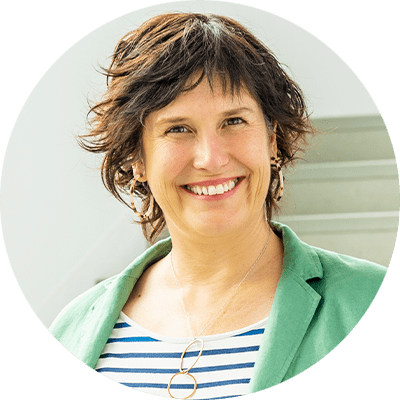Hello my friend in desktop mode.
Hello my friend in desktop mode.
Hello again my friend in desktop mode.
Hello again friend in mobile mode.
Around 20,000 divorces each year in Australia involve children, their young lives upended as their mother and father set out on separate paths.
When families change, what does this do to a young person’s sense of home, or where they belong?
Even in an amicable divorce this can be unnerving; what does it do to a young person’s sense of home, or where they belong?
That question has intrigued Flinders University sociology researcher Associate Professor Kris Natalier ever since she worked with young people leaving the state care system.
“We were looking at their housing trajectories and as part of talking to those young people it became really clear that many of them had never had a sense of home, but they had a deep longing for one,” she says.
“That started me thinking, ’where do kids feel at home?’”
It led to a project looking at what home meant for children whose parents had separated or divorced – children who potentially felt at home in two places. Or perhaps they lived across several houses and didn't feel at home in any of them.
First, she had to grapple with the question of ‘what is home?’. The answer suggests that the old idiom ‘where the heart is’ may not be far from the truth.
“What it’s not is bricks and mortar,” says Associate Professor Natalier. “Fundamentally, it's people's connections with other people.
“We spoke to one young girl, for example, whose parents had separated and her mum returned to her family home. Her dad was living in a shed with one room and all four kids were there.
“But she loved it. She had lots of space to ride her bike, she was there with her siblings, she really, really loved her dad and felt happy with him. So he managed to create a home for these kinds of shared experiences, some really small, mundane things, but they felt connected.”
A sense of home can also be born of routines that give a sense of control and wellbeing – the belief that you can rely on the same things happening over and over again, on a daily or weekly or even yearly basis.
“With one family, the kids and their mum watched MasterChef every evening after dinner, and the children described that as something that really made them feel at home. It was a shared experience even more important than shared rituals around Christmas or birthdays,” Associate Professor Natalier says
“For another boy, his dad let him keep his Xbox in the lounge room and they would play together. It was hugely important for him because it showed him that he was welcome in his dad's space, and that his dad wanted to be there with him.”
She says without that feeling of connectedness a young life can derail badly, reinforcing that home is important for a sense of security in the world around us.
“When we don't have home, it's really hard for us to build a sense of self or a sense of identity and a sense of place in the world,” Associate Professor Natalier says.
Evidence suggests it can also be hard to build connections with other people outside the family. Statistically, children in state care are more likely to end up in juvenile justice and adult detention, far more likely to face homelessness, and far more likely to face drug addiction.
“When we don't have home, it's really hard for us to build a sense of self or a sense of identity and a sense of place in the world,”
“That's not only because they didn't feel at home, but that lack of security, that lack of belonging is going to intensify those risks and vulnerabilities,” says Associate Professor Natalier.
With this in mind, Associate Professor Natalier is beginning a new project where she and a team of researchers will look at what home means for children and young people when they’re in state care. They will be talking with children and young people living in residential care, as well as children in Aboriginal and non-Aboriginal kinship care, and kids and young people who are in traditional foster care. This research is being conducted in partnership with the Department for Child Protection, Life Without Barriers and Anglicare, South Australia.
“We are currently working with our Indigenous stakeholders to make sure that what we're doing can capture culturally specific ideas of home as well. Home tends to be discussed from a Western perspective; ideas about connection of country, spiritual connection, community connection, which are super-important for Indigenous kids, have been missed,” Associate Professor Natalier says.
She hopes that the project will extend to groups who haven't had a voice in this space, to get an understanding of their experience.
“Then once we have that understanding, we can look at how we can use that to make life better. Once we understand how kids experience home, that could inform parents’ thinking around how they organise their children in a divorce or separation.
“And if we understand the home needs for different groups of kids in state care it can inform how we support the people who care for them to do things that can actually help kids feel at home, letting them have some control over their space.”
“And if we understand the home needs for different groups of kids in state care it can inform how we support the people who care for them to do things that can actually help kids feel at home, letting them have some control over their space.”
Download your free copy of Fearless Research
![]()
Sturt Rd, Bedford Park
South Australia 5042
South Australia | Northern Territory
Global | Online
CRICOS Provider: 00114A TEQSA Provider ID: PRV12097 TEQSA category: Australian University










